Anti-money laundering analyst, Olamilekan Abati, narrated to AYOOLA OLASUPO, how he narrowly escaped death after a fatal accident that resulted in the death of 17 people
Which state are you from and what do you do for a living?
I’m from Ogun State and I work as an anti-money laundering analyst.
Which school did you graduate from?
I studied History and International Studies at the Osun State University and graduated in 2014. After that, I went for my national youth service in 2015.
Where were you heading for when the accident happened?
I was heading for my place of primary assignment in Aba, Abia State. So, I took a bus from Iyana-Ipaja in Lagos State to Aba.
Can you describe what happened that day?
It was apparent that the driver didn’t want to go with us. Before we left, we paid N9,000 as transport fare and he was engaged in a disagreement over money with one of the coordinators at the park of the transport company.
He was asking them to add something to the money given to him. So, the disagreement was between him and one of the workers at the park, and that made him decide not to go with us. We had to beg him to drive us down to Aba but he was still grumbling. On the way, he continued complaining and nagging at us and we were so annoyed that we asked him to take us back to the park if he did not want to go.
Did he continue the journey?
No, he drove us back to the park at Iyana-Ipaja. It was at the park that other staff of the transport line started begging him once again. So, we all entered the bus again but the driver was seriously arguing with one of the passengers who sat at the front to the extent that we had to intervene.
Despite our intervention, the driver continued nagging and said he didn’t care and would drive the bus into the bush. To me, he sounded as if he was threatening to kill everybody and kill himself as well. We begged him to stop saying that and concentrate on his driving.
That happened even before we got to Ore in Ondo State. When we got to Ore along the Benin-Ore Expressway, there was a stop and we all came down from the bus, including the driver. So, I had suya, and other passengers also bought things for themselves.
I was on my headset when the driver whispered it was time for us to move. When we returned to the vehicle, I think the driver started dozing off while driving. Back then, there were no demarcations on both lanes of the Benin-Ore Road. The driver was already dozing off. Although I didn’t see him sleeping, it was someone beside him who saw him that raised the alarm.
Did the passengers not bother to caution him?
I was surprised that the driver was sleeping, and before we knew it, an SUV ran into us, and we lost control. That was the last thing I could remember from that scene. After some time when I woke up, I noticed I was under a chair. So, I began to hear some sound of people shouting, ‘There is a guy under the chair, drag him out.’ They had to drag me out from the rear mirror of the back side of the bus.
What type of vehicle was it?
It was an 18-seater bus; the one we usually call Hummer bus. When they dragged me out of the bus, the broken glasses from the mirror bruised my arm and belly but the bruises were just small. I didn’t even know what happened because my jeans and clothes had torn and before I could raise my eyes, I saw dead bodies.
The driver died instantly. His leg broke and the steering tore his stomach apart. I saw the bodies of the children travelling with their parents; even the lady who sat in the front beside the driver also died. Out of the four people who survived that accident, two were badly injured. It was only me and one other guy that survived with little bruises.
How many people died in the accident?
We were 21 on the bus, including the driver. One of the two who was seriously injured lost her left eye. The broken glasses entered her eye. The other person who was also a corps member at that time was planning to get married at that time. The corps members on that bus were about five or six, including me and only three corps members made it out alive, while others died.
The corps member who was supposed to get married broke her leg. She was travelling to Aba in Abia State to sign and submit her clearance for the month, and she planned to get back and get married. The first person who survived the accident was not a corps member.
I don’t know her, but she was badly injured. I can’t remember the exact numbers of male and female victims who died but I saw three males, including the driver, who died, while the remaining were females.
Can you guess the age bracket of the children who died?
The children were so young that they shouldn’t be older than two or four years old.
Were you taken to the hospital for treatment?
Yes, I was taken to Ore Hospital where the NYSC zonal director in Ondo State visited us alongside other people. They didn’t pay our bills, though somebody else did.
Who paid the hospital bills?
I think the parents of the other guy who was also a corps member came and paid the bills. They paid the bills for me and their son. I’m not sure if they paid for the rest because our cases were not critical. We only had bruises, and we left the hospital the following day.
I couldn’t move my neck at that time. If I wanted to turn back, I would have to move all my body. I said it was minor because I survived the accident but I couldn’t move my neck for a month.
When did the accident happen?
It was very early because we took the first or second bus to Aba that day. So, the accident happened maybe less than noon on January 6, 2016. I couldn’t move my neck throughout January, February until March. Whenever I wanted to face my back, I couldn’t turn my head sharply. I had to move all my body at the same time. I think the other guy had bruises on his hand and leg. So, we were discharged on the morning of the following day.
After you left the hospital, did you seek any therapy for your neck?
Yes, I had one at the Abeokuta General Hospital. They conducted a diagnosis and concluded that I needed a neck bracelet to help my neck. I was on a neck bracelet for three months and it helped with some of the pain relief medications I was given.
After March, I was still on the neck bracelet when I was reposted to Osogbo, Osun State, for the completion of my national youth service. But I didn’t go because the LI (NYSC Local Inspector) saw my neck and heard my story, and said that I could not serve in that condition. I was asked to go back home but I was receiving all my allowance.
I only went for my passing-out programme. So, I didn’t really serve. Aside from my PPA (place of primary assignment), I had in Aba, I didn’t do anything major. I even forfeited some of my belongings in Aba; my clothes, laptop charger, and other things, because I couldn’t go back there.
Did you leave those things behind because you were scared of travelling?
I won’t say I was scared but life is worth living. What are clothes that I cannot buy or what is a laptop charger that I cannot replace? I had to tell my friends there to take all the provisions and every other thing there. Life is more than those material things.
What emotions did you feel immediately after realising you were one of the few survivors?
I was really grateful to God because at that moment I was crying. When I looked at my body and saw how torn my clothes were. I saw my surroundings and how people were congratulating me, shouting ‘Ah, this one survived. This one survived.’ I was really happy but I couldn’t show the happiness but was just crying. I cried throughout that day.
Again, hearing the scream of the lady who broke her leg in the female ward at the hospital, I was just grateful to God that He is good and merciful because it was not about where I sat inside the bus. At least the person sitting beside me died instantly. So, it was not about where I sat at all. I could have sat anywhere but it was God’s mercy, although I sat in the third row beside the person sitting next to the right side of the window.
What came to your mind the first time you heard that some people died from the accident?
The only thing that came to my mind was to keep thanking God. I even misplaced my phone and my things at some point and it was later people were bringing some things for me to the hospital. I didn’t care about my phone because I was just thanking God and I was only bothered about being taken to the nearest hospital for a check-up.
I was so surprised that I didn’t have any internal bleeding. I was only asking myself, ‘How did I come out from this crazy accident and all I had on my body were just bruises?’ At that moment, I didn’t even know I couldn’t move my neck. I thank God for life.
How did you overcome the trauma caused by the accident?
The accident has made my life different. I still have Post-Traumatic Stress Disorder because, at some point, I stopped travelling by road. After a year and a half, in between that one year, I tried not to go to any other states or travel by road. The only time I visited Ibadan was via train. It wasn’t immediately but I made sure I didn’t travel by road.
When I got better in March of that same year, I took a train to Osogbo because I knew that I could still navigate within the state but I tried as much as possible to avoid travelling from one state to the other. Later on, I became a bit more confident and I started using the train. I think that was when they did the Lagos to Ibadan train.
Whenever I wanted to travel to Ibadan, I would use the train. So, I tried to avoid long distances as a result of the trauma. Even right now when I visited Abuja, I just took a flight. I can’t travel a long distance involving more than two, three, or four states in between. I even refused to honour a lot of wedding invitations because of that.
Another thing is that whenever I enter any vehicle, I’m always scared when the driver speeds. If he steps on the brake, we step on it together. I’m always scared. Sincerely, the trauma is still going on; it has shaped my behaviour over time.
Did the experience affect your relationships with family, friends, or loved ones?
Well, I would say it has strengthened it. It was a positive opportunity to strengthen the bond because they really took care of me. My parents were really there and they stood by me. I became a family friend to other corps member whose parents paid for our hospital bills.
My university community, junior and senior colleagues, and the executives of the students union government of the school where I graduated also reached out to me. I felt loved at that moment because I also had surgery after the accident to remove a few things from my lap.
Did you regret ever going for your youth service at that time?
I didn’t regret going for my youth service. I can’t regret it because it was a mandate. It was something I needed to accomplish at least after graduation. The only thing I regretted was that Nigeria happened to me at that time because the accident occurred as a result of a bad road.
I couldn’t prove why God kept me alive until now that some things started manifesting in my life. What I can say is that it was God’s grace only.
What lessons did you learn from the experience?
That moment was tough because I cheated death, and it was only God who knows why He kept me safe from the accident. I see it as a sign that I won’t die at a young age because I’m a living testimony and I can’t stop testifying.

 2 hours ago
2
2 hours ago
2

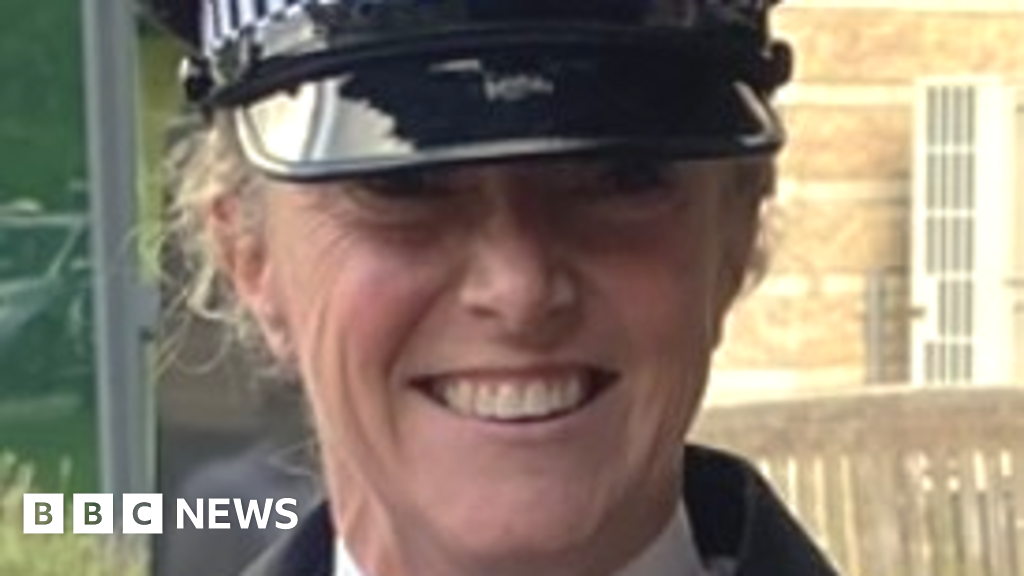
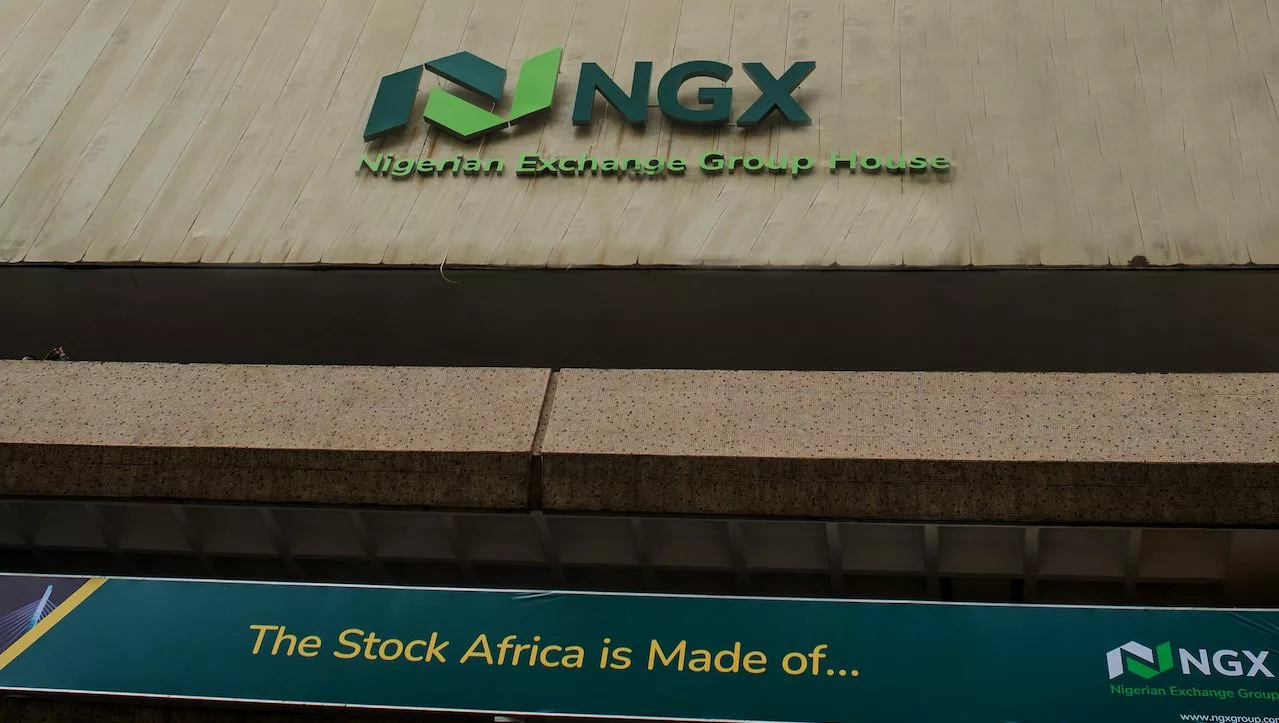

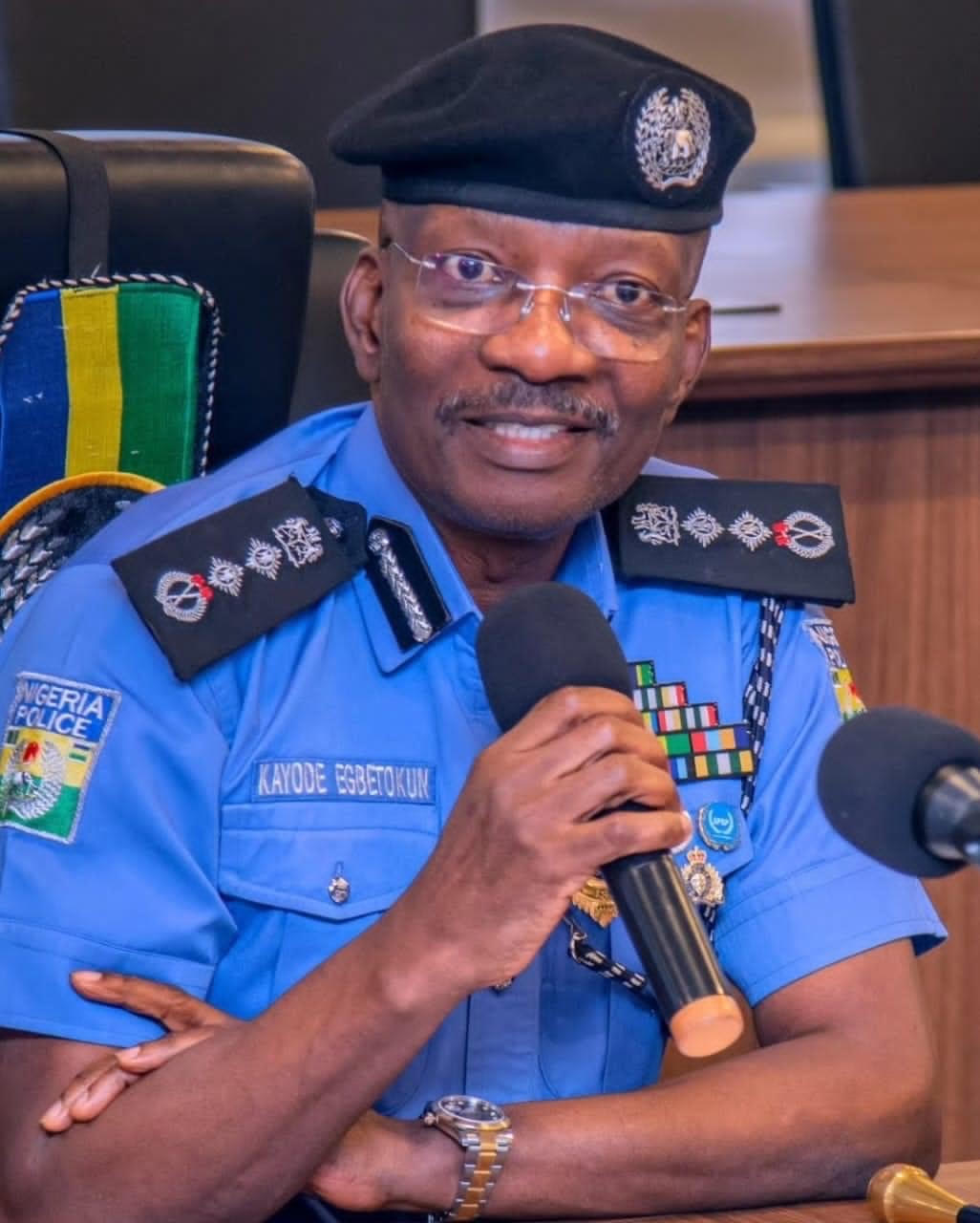
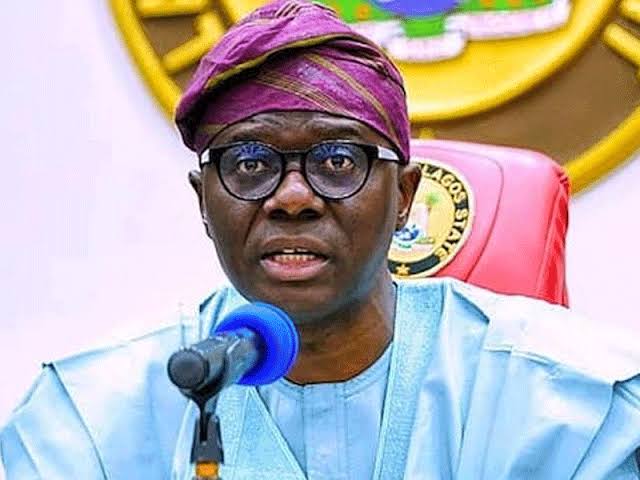
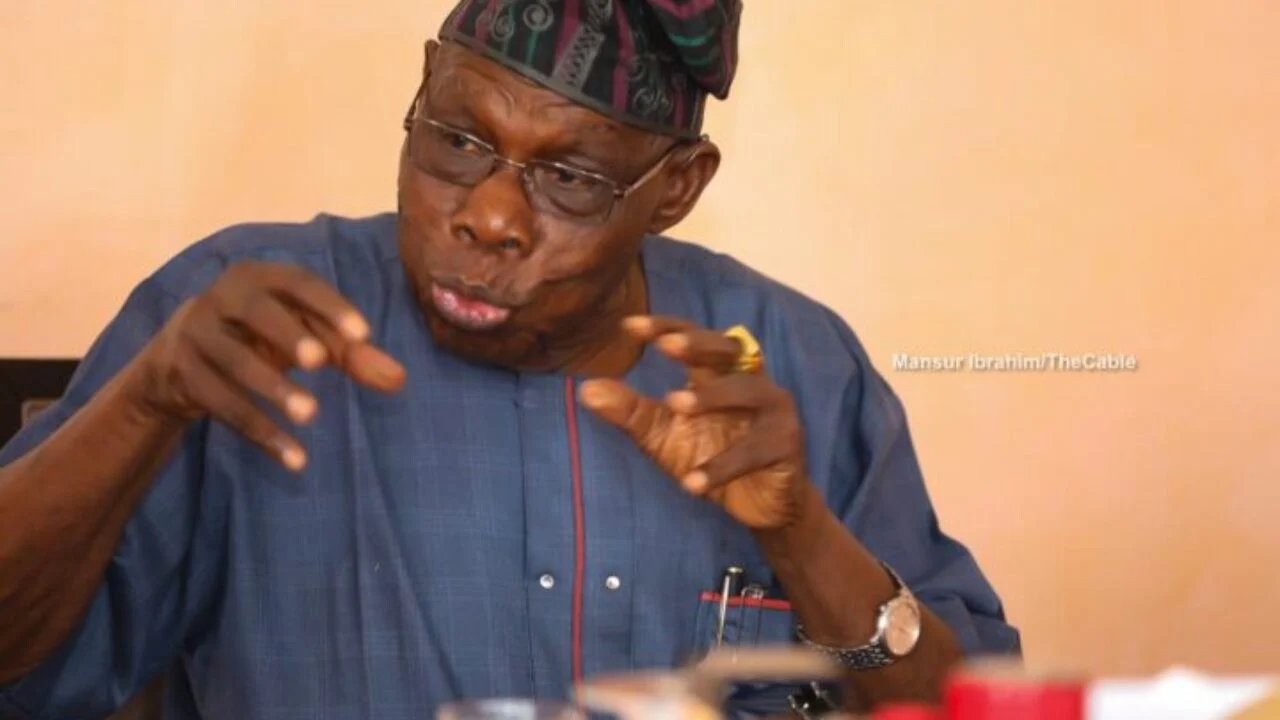



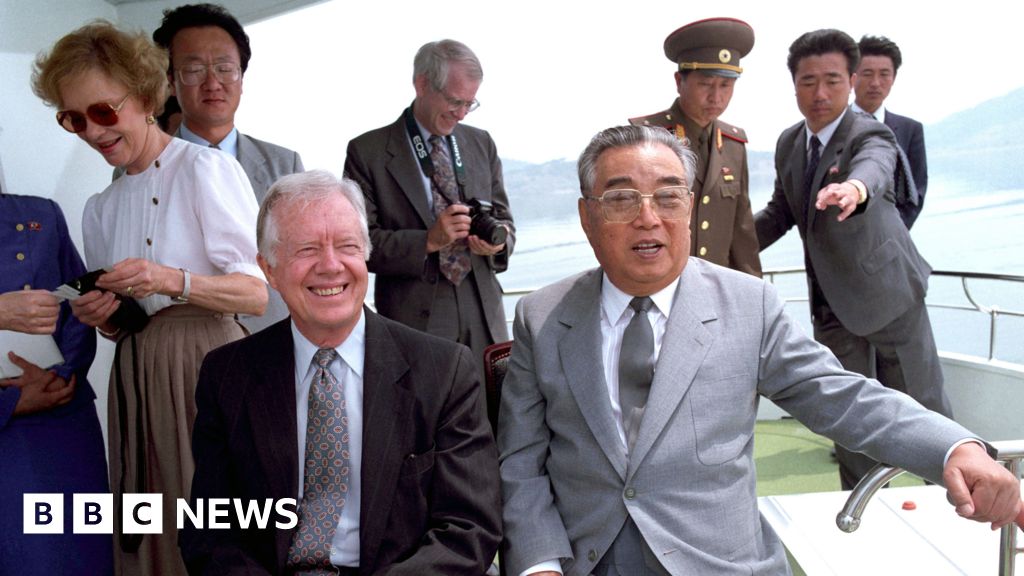




 English (US) ·
English (US) ·